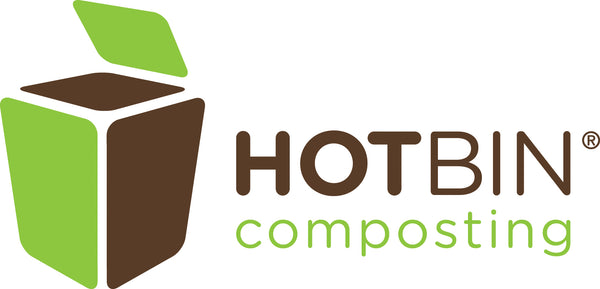Passing the Sustainability Torch to the Next Generation with HOTBIN
Following on our previous article about the benefits of teaching composting at schools, we are now touching on the benefits of engaging our children in composting at home. By engaging our children in composting at home, we are fostering a lifetime of sustainability habits and learned behaviors that, through practice, can become ingrained in their daily lives.
Composting offers a wide range of benefits for their minds, bodies, and our environmental goals. It is a very effective way of returning value to our garden soil while passing the torch of sustainability to the next generation.
Composting fosters their love of nature, conservation, and facilitates their future contribution to preserving our planet by recycling the waste produced at home.
Furthermore, kids and young adults are notoriously picky eaters, which leads to significant amount of food waste. By composting, they will be able to realize how much waste is produced at home and help you to reduce it. The FDA estimates that the average person disposes an average of 219 pounds of organic waste per year. This is the equivalent to throwing more than 650 average-sized apples right into the garbage, or right into landfills, where most discarded food-waste ends up.
By composting together as a family, they will learn not only how to reduce food-waste, but how to sort and identify compostable materials, observe how food is decomposed, and be participants of the composting cycle in action. All, while enjoying their company.
Finally, if you harvest compost together, they will be able to witness the end-product and can even be participants of spreading the fruit of their work into flower and vegetable beds in your garden.
Additional facts on food waste provided by the USA EPA (Environmental Protection Agency) include:
- Food is the single largest component taking up space inside US landfills or 22% of the total municipal waste.
- The US discards more food than any other country in the world (near 40 million tons/year).
- The above is estimated to be 30-40% of the entire US food supply.

